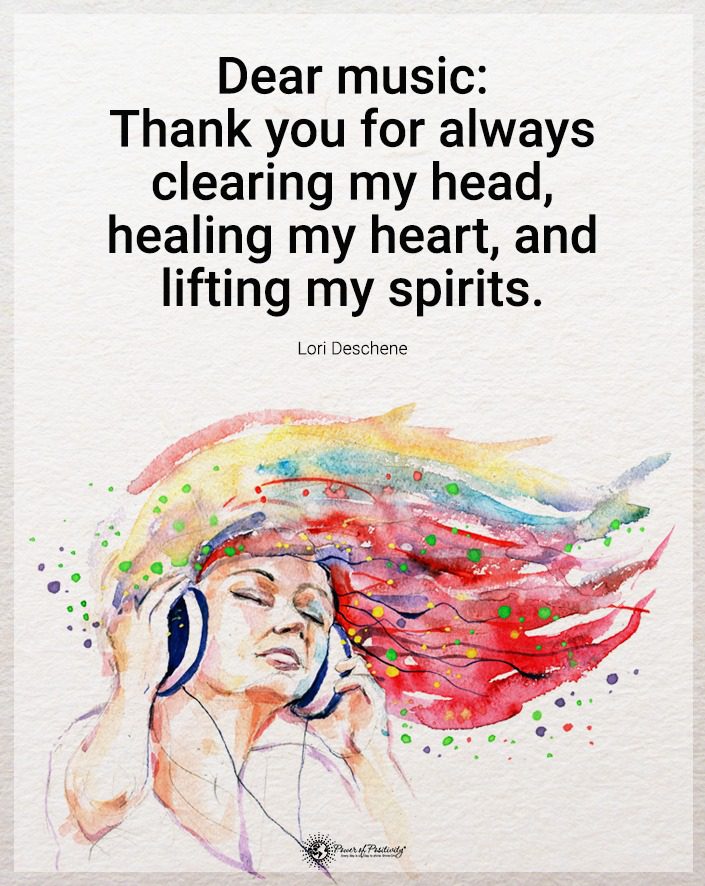This explains why babies naturally love lullabies.
Music is a universal language that transcends both borders and cultures. It has long been known for its power to evoke emotions and influence moods. Recent research suggests that music enhances sleep quality and overall well-being.
Music’s profound impact on our lives is undeniable. It can transport us to different times and places, stir deep-seated emotions, and even alter our minds. Music permeates every aspect of our lives, from the rhythmic lullabies that soothe newborns to sleep to the uplifting tunes that motivate us during workouts. Scientific studies are beginning to uncover another fascinating dimension of its influence—its potential to improve sleep and enhance our well-being. This emerging field of research is shedding new light on the intricate relationship between music, sleep, and health, offering promising avenues for therapeutic interventions and self-care practices.
The Study About Music and Better Sleep
A study by N. M. Majeed and colleagues involved a cross-over experiment with 62 young adults. The participants listened to five nights of happy music, five nights of sad music, and five nights of pink noise in a randomized order. The results were intriguing. Participants reported improved sleep and a more positive outlook, including reduced stress and increased life satisfaction, on mornings following nights when they listened to music while falling asleep.
Interestingly, the type of music—whether happy or sad—did not significantly affect sleep quality and well-being. However, it’s worth noting that all the music used in the study was instrumental, with happy music in a major key and sad music in a minor key. The selection aimed to provide calming and relaxing tunes, suggesting that the mood of the music might not be as crucial as its soothing nature.
The study’s findings align with previous research indicating the potential of music as a sleep aid. Psychologists using this therapy believe they can improve sleep quality in individuals suffering from acute and chronic sleep disorders. Moreover, the beneficial effects of music on sleep are not limited to a specific age group. Randomized controlled trials with older adults have also shown promising results, suggesting that music could be a helpful sleep aid across the lifespan.
Why Does Music Lead to Better Sleep?
Why does music have these beneficial effects on sleep? While the exact reasons are not yet fully understood, some theories suggest that listening to tunes might promote relaxation, distract from unwanted thoughts, and mask unpleasant background noise. However, it’s important to note that these studies primarily focus on self-reported sleep quality, which, while providing valuable insights into people’s perceptions of their sleep, does not necessarily reflect objective aspects of sleep, such as the amount of deep sleep or restlessness during the night.
Researchers have found that pieces characterized by legato (fluid and continuous) articulation, low to medium rhythmic activity, and a lower main frequency register are the most effective for those interested in trying music therapy for sleep. Examples of successful sleep-inducing music include “J’y suis jamais allé” by Tiersen, “Moonlight Sonata” by Beethoven, and “Clair de Lune” by Debussy.
In the study by Majeed and colleagues, the researchers created a 30-minute music track for each condition. The happy condition included songs like “Beginning” by Megan Wofford and “Evening Waltz” by Helmut Shenker. In contrast, the sad condition featured “Awake” by Megan Wofford and “Empathy” by Gavin Luke.
Fourteen Additional Ways Listening to Tunes Can Improve Your Health
Music’s influence extends far beyond its potential to improve sleep. It profoundly impacts various aspects of our health and well-being, making it a powerful tool for enhancing our overall quality of life. Here are some other ways in which listening to tunes can benefit your health:
1. Stress Reduction
Music, particularly slow-tempo and instrumental pieces, can significantly reduce stress and anxiety. It does this by slowing down the heart rate, lowering blood pressure, and decreasing stress hormones in the body.
2. Mood Enhancement
Listening to tunes can stimulate the release of dopamine, a neurotransmitter associated with pleasure and happiness. Therefore, listening to your favorite tunes can help uplift your mood and increase positive thinking. Conversely, it can combat negative emotions like sadness or depression.
3. Pain Management
Research has shown that music can be an effective tool for pain management. It can help distract the mind from pain and discomfort, making it particularly useful for people with chronic pain conditions.
4. Improved Focus and Concentration
Certain types of music, such as classical or instrumental, can enhance cognitive functions like focus and concentration. That explains why many people enjoy listening to it while studying or working.
5. Enhanced Physical Performance
Fast-paced music can boost your physical performance and endurance during workouts. The rhythm helps set a pace for your exercise, making the activity less strenuous and more enjoyable.
6. Emotional Release
Music provides a safe and healthy outlet for emotional expression. It can help people process complex emotions, making it a valuable tool in various forms of therapy.
7. Improved Memory
Music can aid memory recall and improve cognitive function, especially when paired with dance or movement. That can make it a potential tool in managing conditions like Alzheimer’s and dementia.
8. Boosts Immune Function
Listening to music can boost the human immune system. It may reduce the stress hormone cortisol, weakening the immune system. Additionally, music can increase the production of the antibody immunoglobulin A, a key player in the body’s immune response.
9. Aids in Rehabilitation and Recovery
Music therapy is often used in rehabilitation programs, as it can help improve motor skills in patients recovering from strokes or other types of neurological damage. The rhythm of music can aid in relearning movements and improving coordination.
10. Enhances Meditation and Mindfulness
Music, particularly slow and calming tunes, can enhance meditation practices by helping individuals focus and achieve a state of mindfulness. This could lead to better mental health and reduced anxiety and stress levels.
11. Improves Quality of Life for Individuals with Dementia
Music can trigger memories and emotions, helping individuals with dementia reconnect with their past. It can also soothe agitated patients, improve overall mood, and enhance social interaction.
12. Encourages Healthy Eating
Listening to a slow tempo while eating can help slow down the rate at which you eat, allowing you to recognize better feelings of fullness and potentially contributing to weight loss efforts.
13. Promotes Social Bonds
Music can foster a sense of community and belonging, whether singing in a choir, playing in a band, or dancing at a concert. These social connections can contribute to a sense of well-being and happiness.
14. Enhances Creativity
Music can stimulate the brain’s creative centers, inspiring new ideas and promoting problem-solving skills. This can be particularly beneficial in the workplace or during creative pursuits.
The positive effects on health and well-being are diverse and far-reaching. It’s a testament to the power of music that it can influence so many different parts of our lives, from our physical health to our emotional state, cognitive abilities, and social connections.
Final Thoughts on Listening to Music to Get Better Sleep
While more research will help us better understand the relationship between music and sleep fully, the current findings suggest that incorporating calming and relaxing melodies into your bedtime routine could enhance sleep quality and overall well-being. So, the next time you struggle to fall asleep, consider letting the soothing strains lull you into a peaceful slumber.

















 Community
Community

